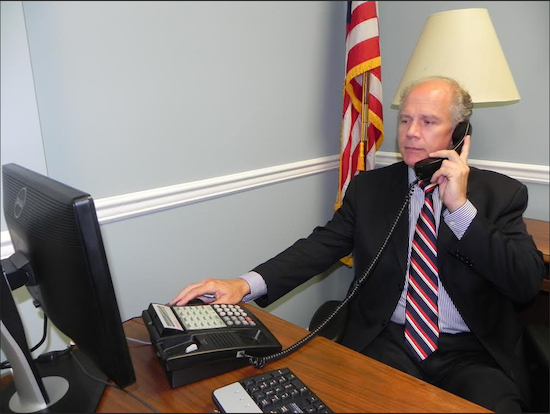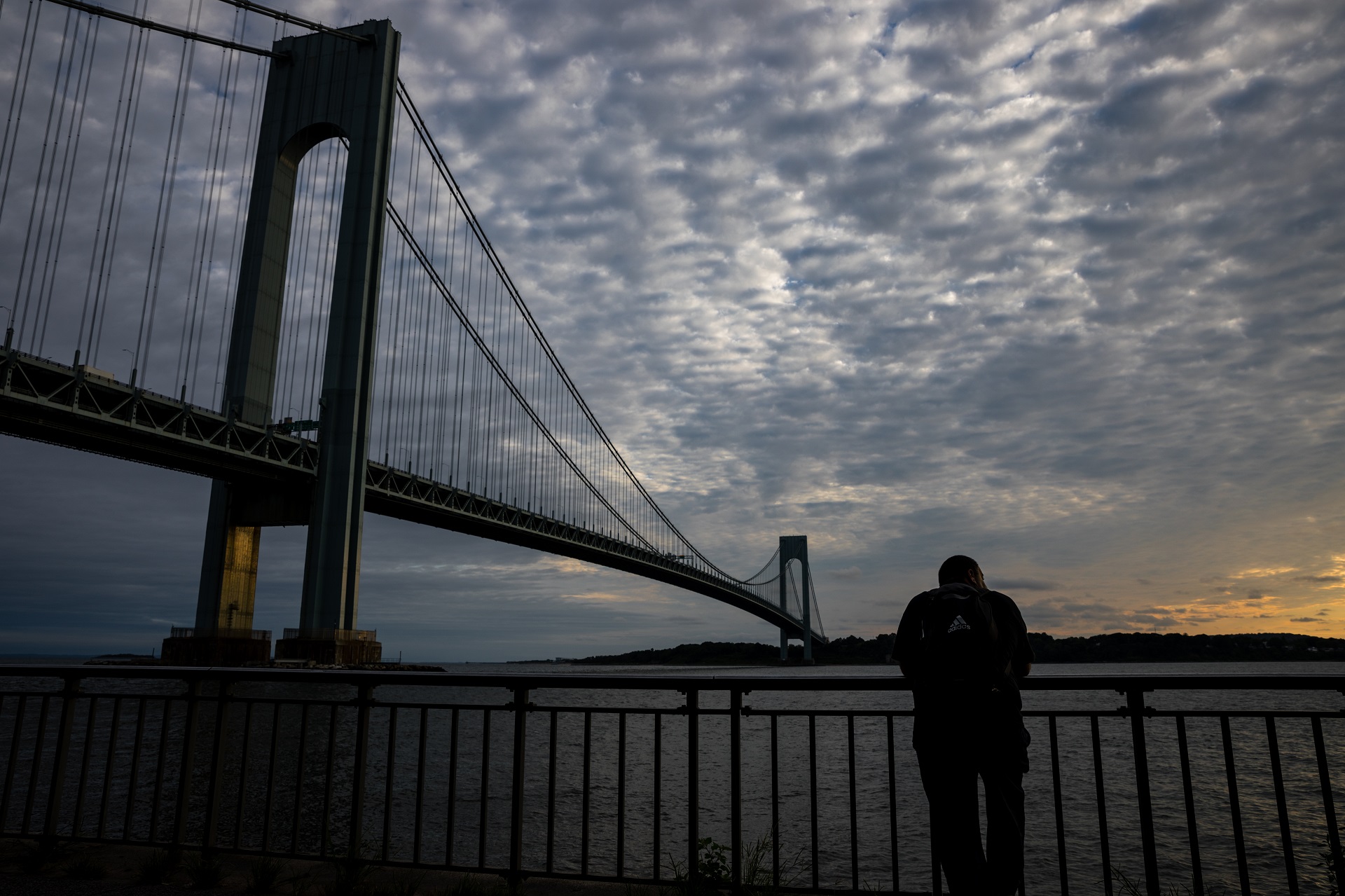Donovan writes to House members about WTC Health Program

In a letter that paid tribute to the sacrifice of a woman who spent weeks after the Sept. 11 attack rescuing pets from lower Manhattan apartments and who died of cancer earlier this month, U.S. Rep. Dan Donovan has written to each of his 434 House colleagues to urge them to approve a permanent extension of the World Trade Center Health Program.
In his Nov. 24 letter, Donovan mentioned Diane DiGiacomo, a Brooklyn woman who recently died of cancer.
“Over the past several months, I have focused on sharing the stories of the men and women who struggle with 9/11-related illnesses. Diane DiGiacomo, for example, spent weeks after 9/11 rescuing pets left behind in lower Manhattan apartments. Last year, doctors diagnosed her with cancer. This past Sunday, I attended her wake. For Diane and the thousands of others like her, I implore you to permanently reauthorize the WTC Health Program,” Donovan (R-C-Southwest Brooklyn-Staten Island) wrote in the letter to all of his fellow House members.
